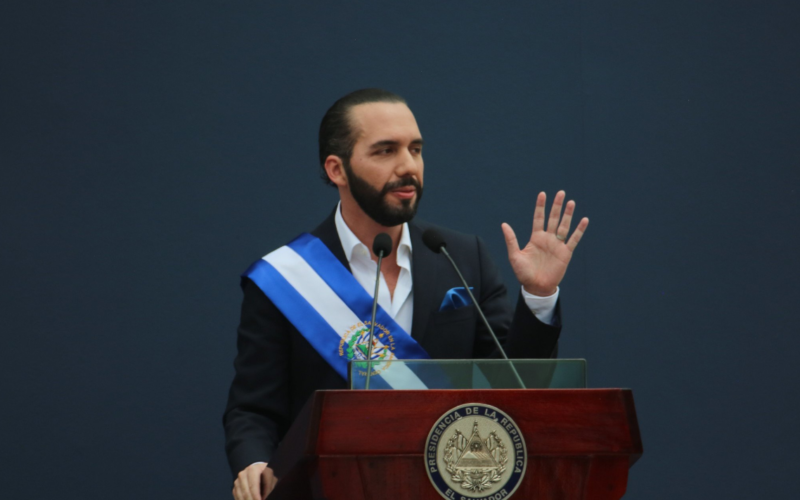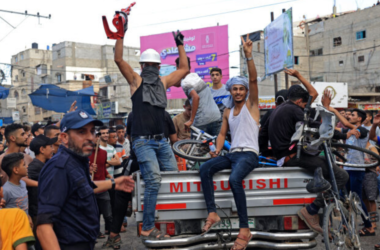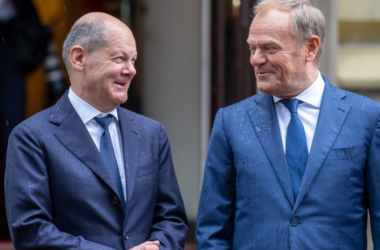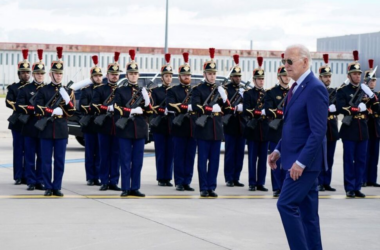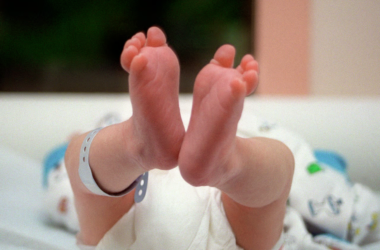In a significant move, El Salvador’s Congress has repealed a law that had sparked controversy by criminalizing the publication of gang messages. This development came as ruling party leaders celebrated their perceived victory in the ongoing battle against criminal groups in the country.
El Salvador’s President, Nayib Bukele, launched an aggressive crackdown on the nation’s hyper-violent gangs early last year. The campaign led to a substantial reduction in crime rates but also resulted in a sharp increase in incarcerations, making El Salvador’s incarceration rate the highest in the world.
The controversial law targeted individuals who shared or reproduced graffiti or any form of visual expression associated with gangs, including well-known groups like Mara Salvatrucha and Barrio 18. Critics of the law argued that it unjustly targeted journalists, who often relied on images and messages from alleged gang members for their reporting. These visual materials were crucial for understanding and documenting issues related to violence in the country.
The original proponent of this law, Christian Guevara, a senior legislator from Bukele’s New Ideas party, faced consequences for his involvement. He was added to a U.S. blacklist referred to as the “Engel List,” which includes individuals deemed “corrupt and undemocratic actors.”
Although no arrests were made under the law, it faced criticism from various quarters. The Salvadoran Association of Journalists (APES) immediately denounced it as an attempt to censor the media when it was first approved.
Lawmakers who initially supported the law claimed that it had achieved its objectives, notably citing success in their perceived “war on gangs.”
Walter Coto, a congressman from the New Ideas party, stated, “We have won the war on gangs, and we can change our criminal policy,” as the repeal received approval from all legislators present.
President Nayib Bukele’s crackdown on gangs has boosted his popularity within the country. However, human rights groups contend that the policy has led to infringements on basic due process rights, such as the right to a legal defense. Moreover, it has resulted in the imprisonment of over 73,000 suspected gang members.
The president has denied allegations of abuse and has rejected claims of agreeing to truces with gangs. These developments continue to shape the discourse around crime, justice, and human rights in El Salvador.




